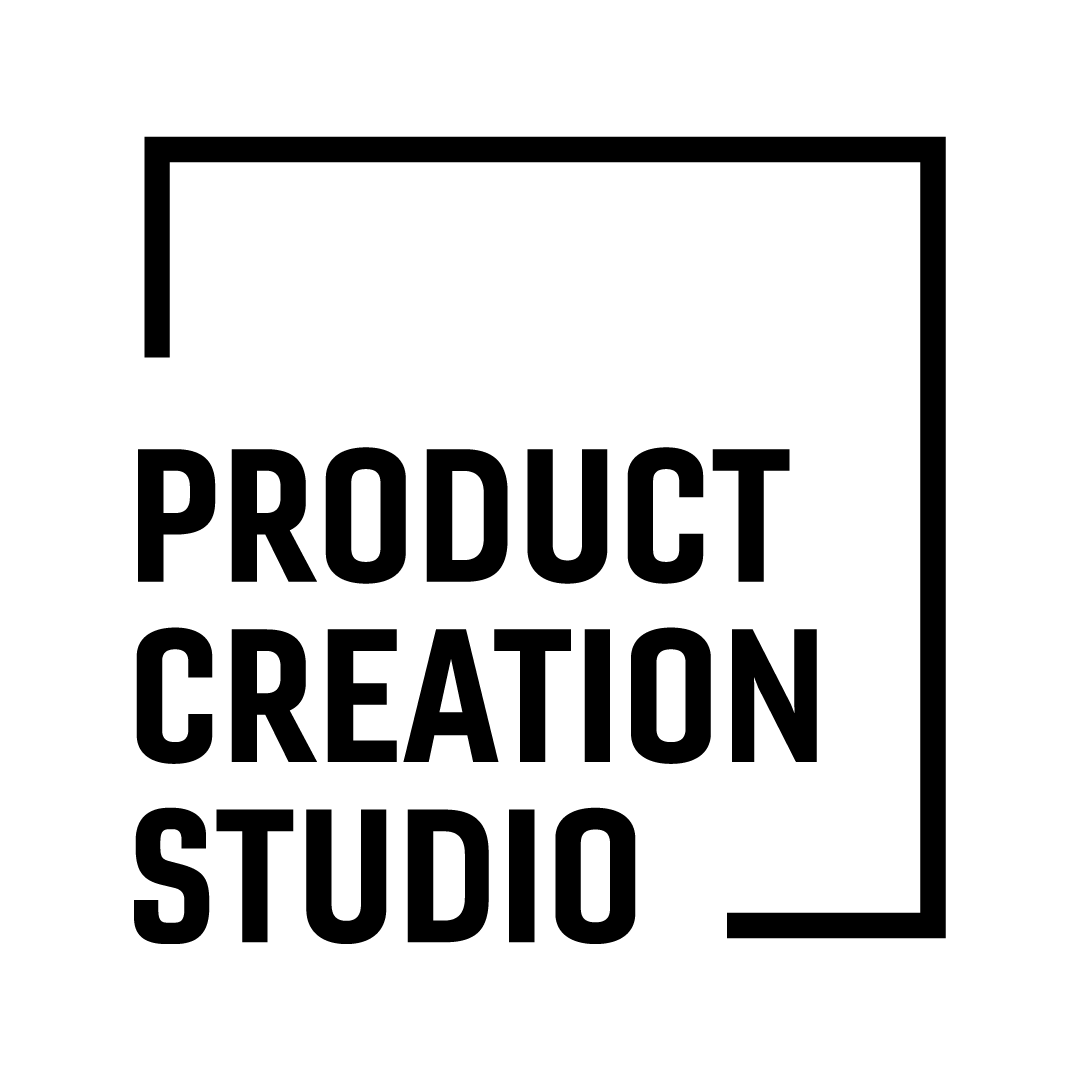Beyond the Hype: Surprising Insights on AI in Product Development
While many are still debating whether to embrace or resist AI in product development, industry leaders are uncovering unexpected ways these tools are transforming how we work. At a recent Center Stage panel, three experts shared insights that challenge conventional thinking about AI adoption.
The Counterintuitive Truth About AI Adoption
"Companies trying to implement AI often make a crucial mistake," revealed Michelle Wu, of NyquistAI, who works with medical device companies globally. "They assume any efficiency improvement justifies changing workflows. But we've found that even a 10% improvement often isn't enough to justify the organizational change needed. Success requires finding applications that truly transform capabilities, not just incrementally improve them."
They assume any efficiency improvement justifies changing workflows. But we've found that even a 10% improvement often isn't enough… - Michelle Wu, CEO of NyquistAI
Rethinking How We Use AI
James Fox, of Starfish Medical, shared a surprising approach to AI integration: running parallel AI sessions during client meetings. "While we're having conversations with clients, we maintain a simultaneous dialogue with AI to generate questions we haven't thought of and identify potential risks we might miss," he explained. "It's like having an expert consultant whispering in your ear – not to replace your expertise, but to ensure you don't overlook important angles."
The Workflow Revolution No One Expected
Scott Thielman, CTO of Product Creation Studio, highlighted an unexpected shift in how teams interact with AI. "Everyone assumed AI would primarily help with technical tasks, but we're finding its biggest impact is in decision acceleration," he noted. "Teams aren't just working faster – they're making more informed decisions because they can explore more options and scenarios than ever before."
Three Counterintuitive Findings
No one solution fits all: Unlike the adoption of Saas, Michelle Wu revealed that companies with the most successful AI implementations often don't expect one AI tool to solve all their problems, but have a basket of AI tools and integrate them more deeply. "It's not about having access to every AI tool available," she explained. "It's about finding the few that truly transform your capabilities and becoming excellent at using them."
The Real Bottleneck: "Contrary to popular belief, the main barrier to AI adoption isn't technical capability – it's workflow integration," James Fox noted. "Companies that succeed focus first on understanding their workflows, then carefully selecting where AI can transform them."
The Human Element Grows: Perhaps most surprisingly, as AI capabilities expand, the human element becomes more crucial, not less. "We're seeing that AI actually increases the need for human judgment and creativity," Thielman observed. "It's not about automating decisions, but about having better conversations about which decisions to make."
What This Means for Development Teams
The panel revealed several unexpected implications for teams looking to integrate AI:
Start with workflow mapping before tool selection
Focus on transformative applications rather than incremental improvements
Invest in developing "AI conversation skills" rather than just technical training
Look for opportunities to enhance decision-making processes, not just technical tasks
The Path Forward
"The companies that will win aren't necessarily those with the most advanced AI tools," Michelle Wu concluded. "They're the ones that understand how to have the most productive conversations with AI, treating it as a thought partner rather than a solution engine."
James Fox added a practical note: "Success with AI isn't about replacing your current processes – it's about augmenting them in ways that fundamentally change what's possible."
Looking Ahead
The future of product development is neither purely human nor purely AI-driven. Instead, as Scott Thielman noted, "We're moving toward a model where the most impactful innovations come from enhanced conversations between humans and AI, each bringing their unique strengths to the table."
This article is based on insights shared during the "Generative AI in Product Development" panel at Center Stage, featuring Scott Thielman (CTO, Product Creation Studio), Michelle Wu (CEO, NyquistAI), and James Fox (VP Business Development, StarFish Medical).

